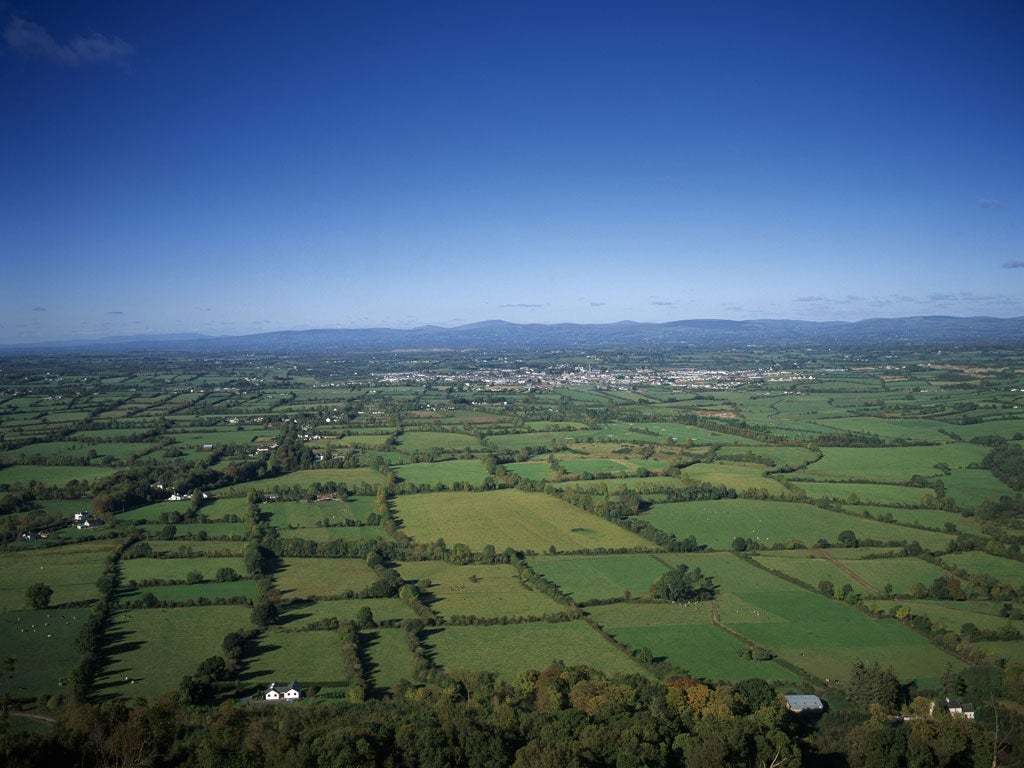Investors lose £200m through land banking
Crooks are using dodgy investment schemes to defraud unwary people.

The City Watchdog is getting tough with illegal land bankers which are fleecing unwary investors with dodgy investment claims. But even as the Financial Services Authority cracks down, crooks are moving on to new scams, according to accountant Grant Thornton, with Olympic ticket fraud expected to grow next year.
This week, after a series of dawn raids on nine premises in Kent and London, five people were arrested, all suspected of being involved in land banking by way of an unauthorised collective investment scheme.
Land banking involves selling investors plots of land on the promise they will soar in value if planning permission is granted. The carrot used is the prospect of a big firm – such as Tesco – being prepared to pay top dollar for the land to build a superstore, for instance.
However, the land sold is often in areas of natural beauty or historical interest, which means it has little chance of being built on because it is unlikely to get planning permission. Anyone who has bought a plot in such circumstances will end up with an worthless white elephant they will probably be unable to sell.
While land banking itself is not illegal, the scams have become a major problem in recent years. Crooks target unsuspecting investors with their promises of the potential for fantastic returns. But in many cases the schemes are just a front for fraud with the land being worthless or, in some cases, not even owned by the fraudsters. Investors have lost £200m through dodgy schemes, the FSA reckons.
Because land banking is not illegal, the FSA can act only when it catches people flogging land through an unauthorised collective investment scheme. But it can refer land bankers to Trading Standards, the Department for Business, Innovation and Skills or even to the police.
Many of the crooks are moving on to other scams, warned David Ingram of Grant Thornton. "The very nature of frauds such as land banking, is that they are constantly reinvented, with the fraudsters devising new scams which play upon current trends and are, as such, quite credible before they are scrutinised."
He said he had recently seen several cases which suggested the culprits were flipping from one style of fraud to another, such as wine investment.
"I believe there will be a big increase in Olympic ticket fraud in the run up to 2012," Ingram warned. "Alternative energy scams are also on the rise, as individuals are encouraged to invest in a particular crop with the promise of significant returns as it can be used for biofuels, government subsidies and to combat rising oil prices."
Get a free fractional share worth up to £100.
Capital at risk.
Terms and conditions apply.
ADVERTISEMENT
Get a free fractional share worth up to £100.
Capital at risk.
Terms and conditions apply.
ADVERTISEMENT
If you have been contacted by a land banking operation or other unauthorised investment scheme, call the FSA's consumer helpline on 0845 606 1234.
Join our commenting forum
Join thought-provoking conversations, follow other Independent readers and see their replies
Comments
Bookmark popover
Removed from bookmarks